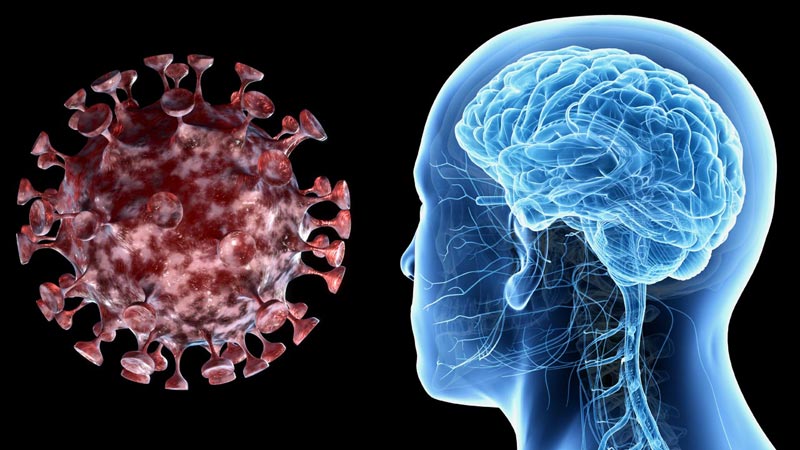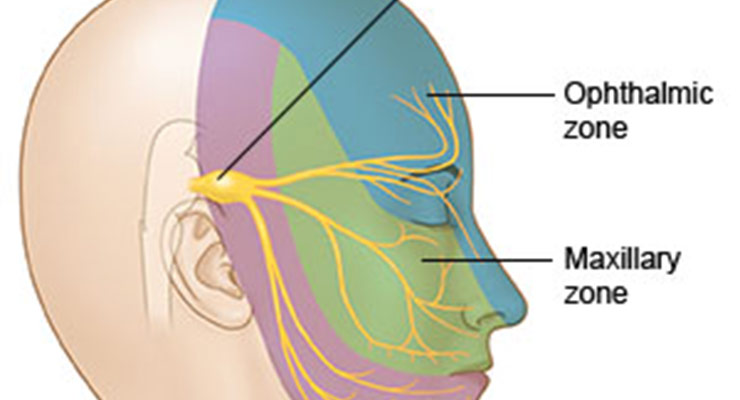
While lifestyle modifications may not eliminate migraines or headaches completely, they often reduce their frequency and severity.
Engaging in healthful practices and avoiding environmental causes that can trigger the pain can also cause medical treatment to be more effective. Here is a quick list of tip and habits that some doctors recommend for chronic migraine sufferers.
Keep a Regular Schedule
Excitement and unpredictability can be tough to avoid even for those who aren’t suffering from chronic migraines or headaches, but there are a couple initial areas that can help. It’s best to try to go to bed at the same time every night and arise at the same time every morning—a good sleep schedule helps improve sleep quality, which is important because lack of sleep can cause daily headaches even among those who aren’t prone to chronic migraines. Eating meals on a regular schedule is also advised, as low blood sugar levels can exacerbate migraine symptoms or trigger an attack.
Get Moderate Exercise
Regular exercise, particularly yoga, can be beneficial for migraine sufferers. However, high-intensity workouts and the dehydration that comes from working up a sweat can trigger a headache episode after the workout—headaches after running are common. Experts advocate keeping the intensity moderate, as well as hydrating before and after an exercise session.
Take Time to Relax
As stress is a big headache trigger, the use of stress-management and relaxation techniques can be helpful. Meditation, biofeedback and behavioral therapy can reduce migraines and serve to enable patients to cope better with anxiety-producing events. Relaxing with a massage or aromatherapy session can also keep stress levels down.
Avoid Food Triggers
Keeping a food diary or headache journal can help migraine patients know what dietary elements to avoid. Common headache triggers include chocolate, alcohol, lunch meats, dried fruits and aged cheeses. For some, other culprits can be caffeine and food chemicals such as artificial sweeteners and artificial colors.
Eat a Nutritious Diet
Since processed foods are rife with chemicals, a diet of natural ingredients is preferable. Fresh fruits and vegetables should be chosen over those that are canned. Experts recommend eating small, healthful meals throughout the day.
Keep a Headache Journal
Just as certain foods trigger migraines, so also do agents like bright lights or odors. Keeping a journal is useful for developing awareness of environmental factors that can play a role.
Limit Medications Containing Estrogen
Hormone replacement therapy drugs and contraceptives can trigger or worsen migraines. Patients should ask their doctor about reducing the dosage or discontinuing the medications.
Take Ginger
Many herbs and nutritional supplements can have side effects, but ginger, consumed in fresh or powdered form, is well tolerated unless the dose is excessive. Some patients report the spice reduces their pain and frequency of episodes.
Take Riboflavin (Vitamin B2)
Studies show riboflavin can decrease the frequency but not the severity or duration of migraine attacks. The supplement is considered safe, but high doses may cause diarrhea.
A healthy lifestyle is beneficial for everyone, but it’s even more important for migraine sufferers. The effort spent incorporating these practices into a daily routine will be worthwhile.








 © 2026 - NATIONAL DENTAL SYSTEMS, INC. | 430 NORTH MAIN ST. SALEM, UT 84653 | CALL US TOLL-FREE 855-770-4002
© 2026 - NATIONAL DENTAL SYSTEMS, INC. | 430 NORTH MAIN ST. SALEM, UT 84653 | CALL US TOLL-FREE 855-770-4002